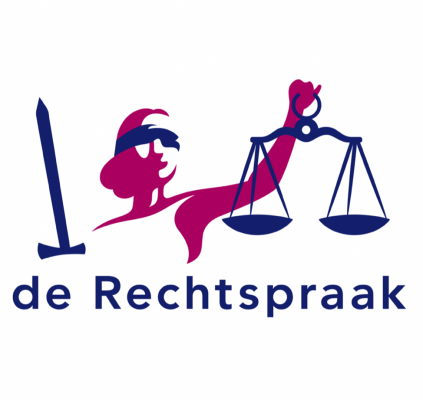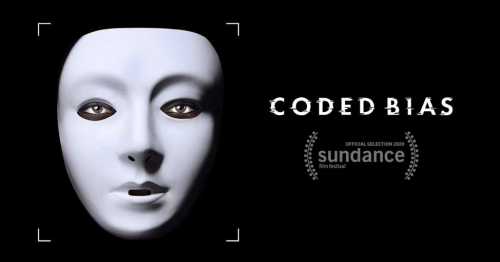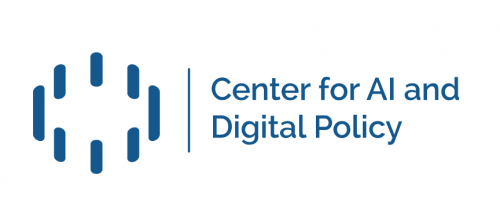The Spanish government has proposed a new Charter on Digital Rights. The aim, according to Secretary of State for Digitalization and AI, Carme Artigas is to “transfer the rights that we already have in the analog world to the digital world and to be able to add some new ones, such as those related to the impact of artificial intelligence and neurotechnologies.” At a press conference in mid-November, Artigas said the Charter is a “prescriptive document, not regulatory. The Charter proposes a framework that allows navigating in the current digital environment, taking advantage of all its potentialities and minimizing its risks.”
The Spanish Charter on Digital Rights follows from a recommendation of the Spanish AI Advisory Council, established earlier this year by the Spanish government. The AI Advisory Council is comprised of distinguished experts in science, economics, and education.
Article 23 of the proposed Charter guarantees that no citizen is discriminated against based on algorithms and requires “transparency, auditability, explicability and traceability.” People have the right not to be subject to an AI decision, unless authorized by law and with the guarantee to “request human supervision and intervention” and to challenge algorithmic decisions. The Charter states that citizens must be informed when they are talking to an AI. A provision concerning disinformation states that the use of AI systems “aimed at manipulating or disturbing the will of the people, in any aspects that affect fundamental rights, is prohibited.”
Concerning public services, the Charter sets out rights for citizens in relation to Artificial Intelligence “within the framework of administrative action, particularly in aspects related to the design and use of algorithms.” Impact assessments will be required and algorithmic systems will be “subject to prior approval, with determination of their specific scope of application and operating structure.” Rights are also set out regarding the use of AI in the workplace and for healthcare.
The Spanish government is receiving public comment on the Digital Rights Charter. Comments are open until December 4, 2020 and should be sent to [email protected].
Spain is one of several countries that have set out new rights frameworks for Artificial Intelligence. The Center for AI and Digital Policy will provide an extensive review of these developments on December 12, 2020 with publication of the AI Social Contract Index, the first comparative study of national AI policies and practices.
Marc Rotenberg, Director
Center for AI and Digital Policy at Michael Dukakis Institute
The Center for AI and Digital Policy, founded in 2020, advises governments on technology policy.











